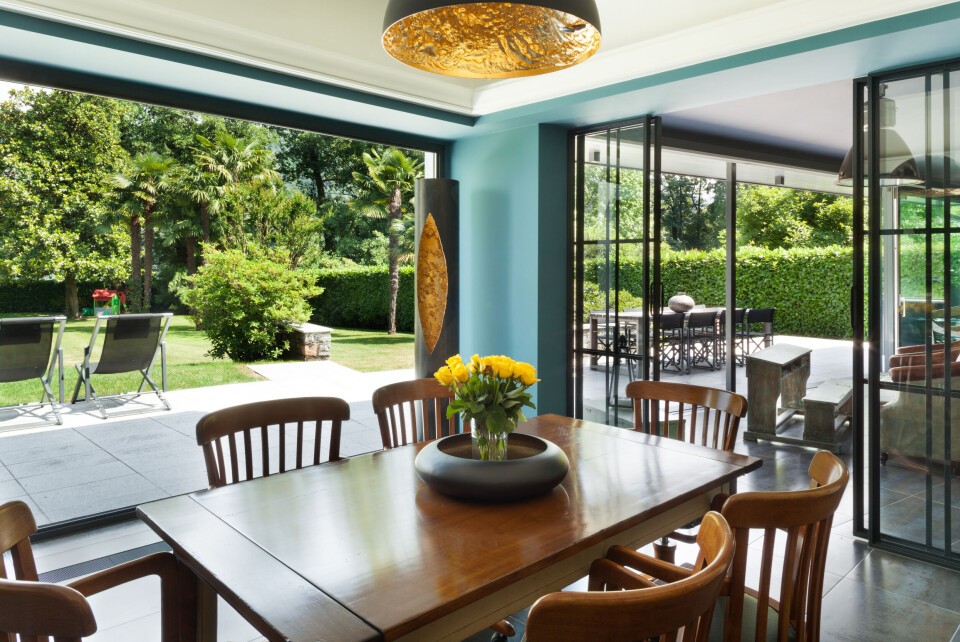-
New agreement to help with home renovations launches in Dordogne
The plan aims to connect citizens with local public renovation services to modernise old housing stock
-
Hosting scheme in south-west France lets newcomers sample lifestyle
Households in nine Dordogne communes volunteer under Mes Nouveaux Voisins scheme
-
How long does it take to sell property in different areas of France? New study
Many major cities are showing signs of recovery when it comes to supply, demand, prices, and time to sell
France wants to expand AI use to find undeclared verandas and sheds
French tax authorities already use artificial intelligence to find undeclared swimming pools. Now they want to take that a step further

Tax authorities are looking to expand the use of artificial intelligence - currently being used to help track undeclared swimming pools - to identify other undeclared constructions.
The same system used to find swimming pools - a mixture of aerial photography from Google that is then cross-referenced with targeted software against information held by the tax authorities - will be used.
Top of their list are extensions such as verandas as well as garden sheds, which depending on size can be subject to an increase in local property taxes as well as a one-off payment on construction.
Pergolas - as long as they are not enclosed like a veranda - do not require a declaration, however.
It is part of the Direction générale des Finances publiques (DGFiP) plans to continue to fight against tax fraud and ensure the information they hold is up to date.
‘Up to ten percent’ of constructions undeclared to authorities
“It is not a question of sheds of less than 5 m² but rather of 10 - 15 m² that could be used as an additional room,” a tax authority spokesperson told Le Figaro.
This also includes other work that requires a déclaration préalable de travaux or permis de construire to be submitted to the mairie but that has not been declared to tax authorities, such as room extensions.
This had led to an increased number of omissions over the years that the DGFiP now wants to chase.
France’s main tax body, the DGFiP believes around “one to ten per cent” of such extensions are undeclared and thus not being taxed as they should be.
The trial will begin in a few (as of yet unknown) departments in 2024 before being rolled out across the country.
The eyes of the authorities are also still on undeclared pools and going after these has raised around €50 million in unpaid taxes for government coffers.
Figures for how many undeclared pools were captured by the scheme are expected to be published at the end of the year.
If you have an undeclared shed or veranda, you still have time to declare it to authorities before their hunt starts - and the extension may be included as part of France’s new mandatory property form.
Related articles
Why French mairies are turning to private firms to recoup property tax
Lawyer raises legal questions over France’s mandatory property form
























